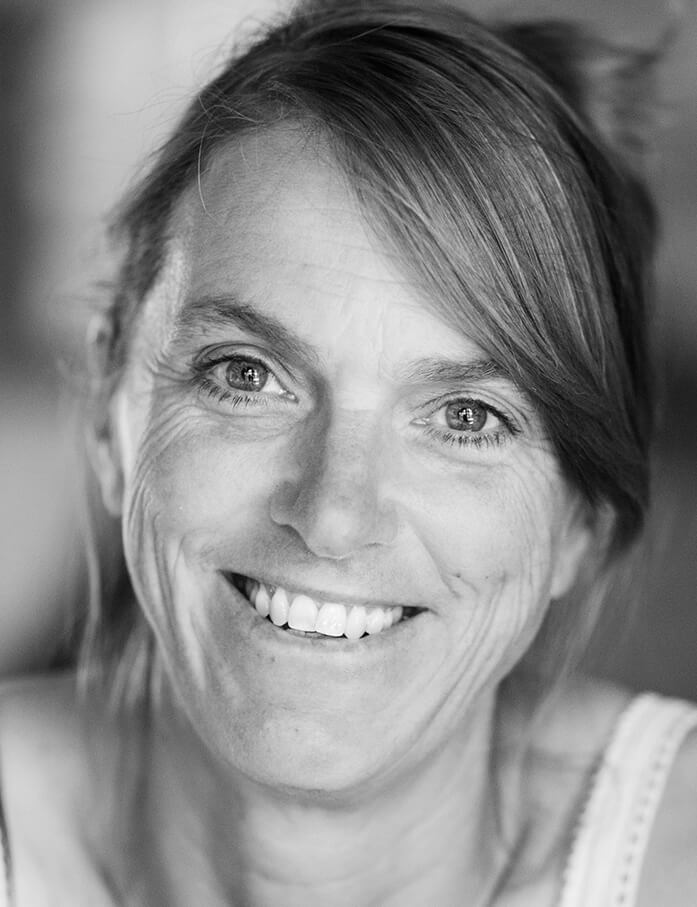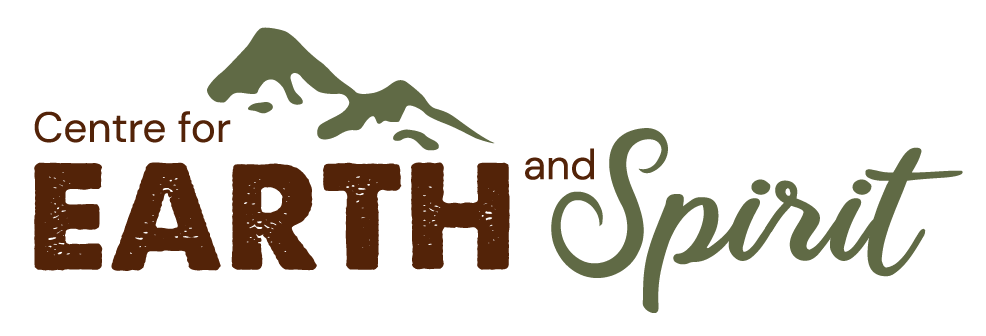Following the Good River
by Briony Penn
Who better to tell the narrative of our times about the restoration of land and culture than Waxaid, “the good river” or Cecil Paul, an Henaksiala elder, who pursued both in his ancestral home, the Kitlope — now the largest intact, protected river system and rainforest left on the planet. Paul’s cultural teachings are more relevant today than ever in the face of environmental threats, climate change and social unrest while his personal stories of loss from residential schools, industrialization, theft of cultural property and the 1960s “scoop” of children puts a human face to the survivors.
The beauty of paradox is Paul’s traditional offering to the world: the church that removed him from his family, rescued him from the streets; the industry that threatened the Kitlope, fed his family and gave up their logging rights; the man that raised his stolen child, helped save his valley; the nation that took his pole, brought it back.
It was a magical canoe because there was room for everyone who wanted to come into it to paddle together. The current against it were very strong but I believed we could reach that destination and this was the reason for our survival.

